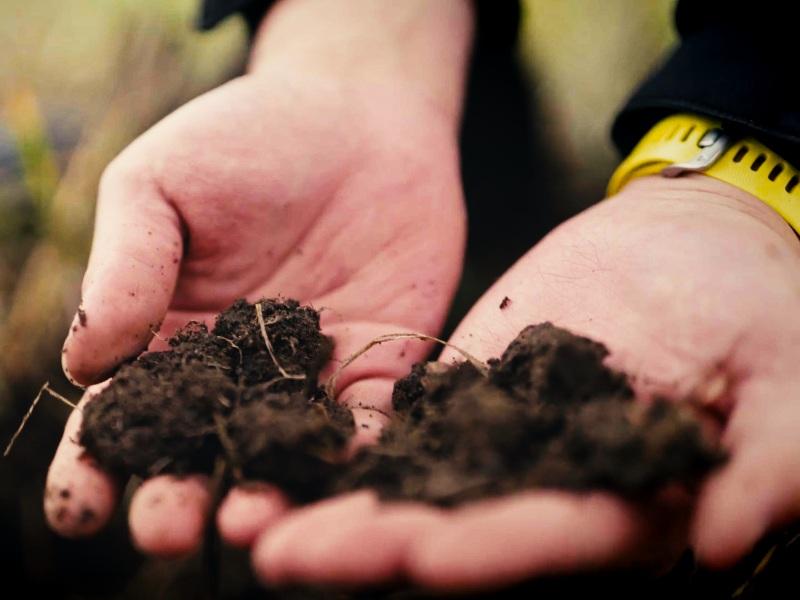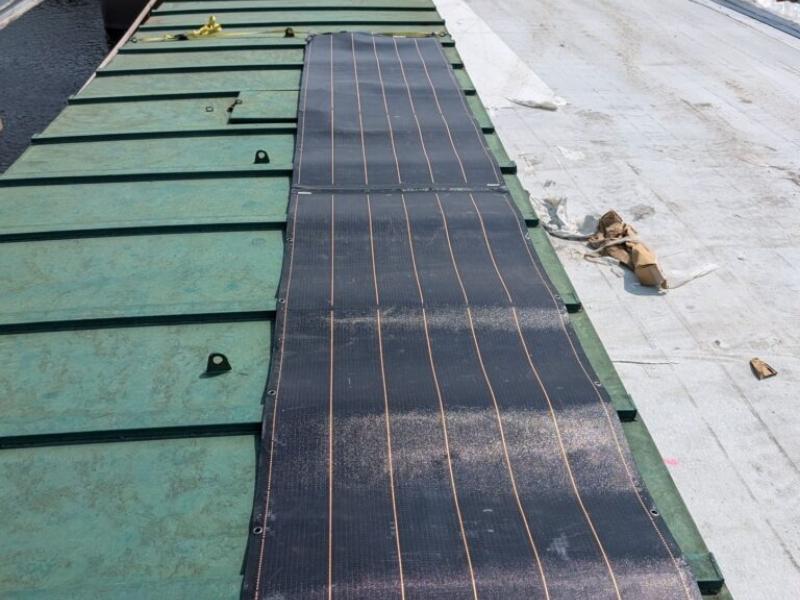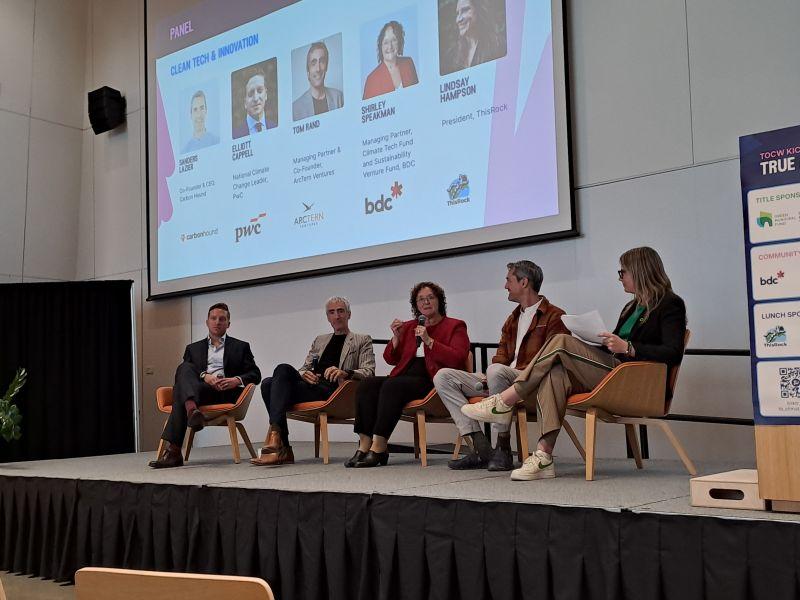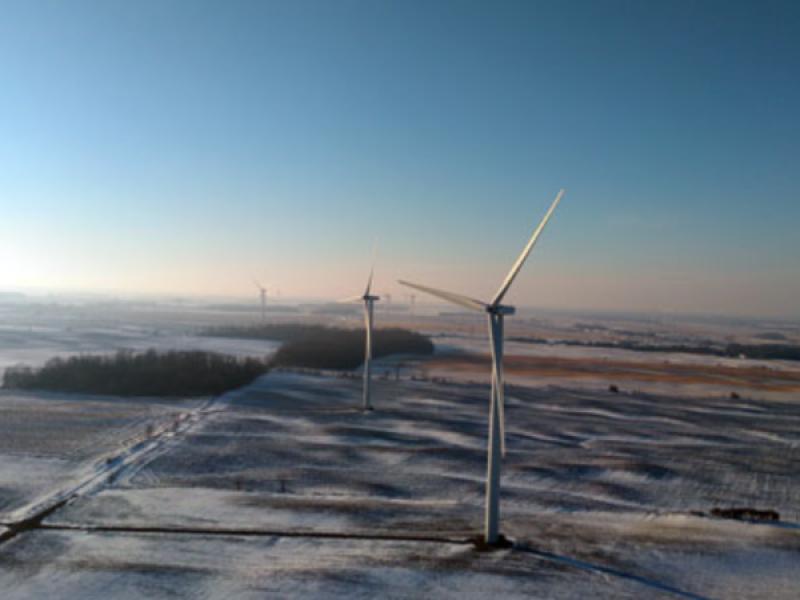
The Canada Green Building Council (CAGBC) has partnered with industry associations to provide a free low-carbon training program, the first of its kind in the country.
The program was developed by CAGBC in partnership with the Canadian Construction Association (CCA), Climate Risk Institute (CRI), Royal Architectural Institute of Canada (RAIC), Building Owners and Managers Association (BOMA) and the Real Property Association of Canada (REALPAC) in consultation with prominent players in the Canadian building sector.
“When we picked our national partners, we were looking to reach a full suite of building professionals,” Laurna Strikwerda, CAGBC's director of project development and research, told SustainableBiz.
Strikwerda is the project lead for the program.
“We're reaching everyone who's making decisions about buildings, and the people who are ultimately operating the buildings day-in and day-out. We know that there are other professionals as well, but we've tried to really target a sort of core group.”
CAGBC’s low-carbon training program
Courses cover the business case for low-carbon building and retrofits, as well as how carbon is being considered and measured by evolving codes and regulations during the life cycle of a building.
The program will roll out in October through Mar. 31, 2024 and does not require previous training in sustainability.
In June, CAGBC announced it had received $7.8 million from the Canadian government’s Sectoral Workforce Solutions Program to develop the training. Strikwerda said it took about 17 months to create the program and work began on the content in December of 2022.
CAGBC will offer an online five-module foundational course which can be completed in a day. Topics include:
- ESG as it relates to low-carbon buildings;
- the integrated design process for low-carbon buildings;
- operational carbon materials;
- embodied carbon; and
- transition planning to move to zero-carbon buildings.
“The main obstacle is really trying to distill the most critical information because there is so much that we can cover,” Strikwerda explained. “So one way that we address that is we have the content from CAGBC (which) is more foundational.”
There will also be profession-specific training, including the Low-Carbon Education Training Workshop for Architecture Professionals. This will be first offered on October 3 as part of RAIC's 2023 Congress on Architecture in Whistler, B.C.
The workshop will cover supporting new construction and building retrofits, including climate change literacy, climate-responsive design and integrative design thinking. Online versions will be available at a later date.
There is also Pathway to Net-Zero: Decarbonization for Building Operators, which focuses on low-carbon building operations including understanding building performance, decarbonization concepts and strategies, and the role of building operators in implementation and relevant case studies. It will be available online in January 2024 via BOMA.
CCA will offer the Low-Carbon Training Program for Construction Professionals, an introduction to low-carbon building core concepts and their application to construction. It will be offered online in November through partner associations in Alberta, B.C. and Ontario.
Low-Carbon Training for Engineering Professionals will be offered online through CRI starting in October. In-person training is also planned, though no date has been set.
The other courses, Strikwerda explained, are a mix of in-person, on-demand and webinar training.
The goal is to have approximately 3,000 industry professionals sign up for the program.
“Each partner has the flexibility really to create specialized content in the way that works best for them,” she said. “So some are doing half-day workshops, some are doing a course that can be done a few hours a week over several weeks.”
REALPAC’s CAGBC course
REALPAC is offering a low-carbon fundamentals course aimed at building owners and real estate professionals as an online course over three days, November 7 to 9. The course addresses:
- greenhouse gas accounting;
- asset and portfolio-level standards;
- targets and pathways;
- low-carbon technologies and transition plans; and
- reporting and third-party verification.
“Our course is going to provide participants with a practical understanding of core low-carbon concepts from a building owner's perspective,” Darryl Neate, REALPAC’s vice-president of ESG, told SustainableBiz in an interview. “So we're excited to be focused on these core areas that we think will benefit owners in the transition to more low-carbon buildings in the future.”
REALPAC is still finalizing details, but Neate said he is involved in developing the material and will also deliver the course. Jamie Gray-Donald, QuadReal Property Group's senior vice-president of sustainability and environmental health and safety, and Ridhima Nayyar, RioCan Real Estate Investment Trust’s assistant vice-president, sustainability, are also involved.
Neate also promised participation from other Canadian commercial real estate experts via roundtable discussions and case studies.
“Transition towards low-carbon buildings is a team sport and it's a tremendous opportunity. We recognize the need for well-trained professionals to help owners realize their goals around low-carbon buildings,” Neate said. “I think the opportunities are real. Pressure from investors and tenants (is) growing.”
Future of the program
The government funding covers the program until the end of March, but CAGBC, along with its industry partners, plans to continue it in some fashion.
“So it won't be lost,” Strikwerda said. “It will continue to be in the market in some way and we'll figure out the best way to do that.”
This includes the possibility of adding more modules or partnering with more industry associations.
“I suspect that this is the first offering of (a) continued program,” Neate said, “but I can't speak to our specific plans for 2024 yet.”
A June 2022 study from CAGBC and Delphi Group projects investments in the green building economy could create $150 billion in GDP and 1.47 million jobs by 2030.










